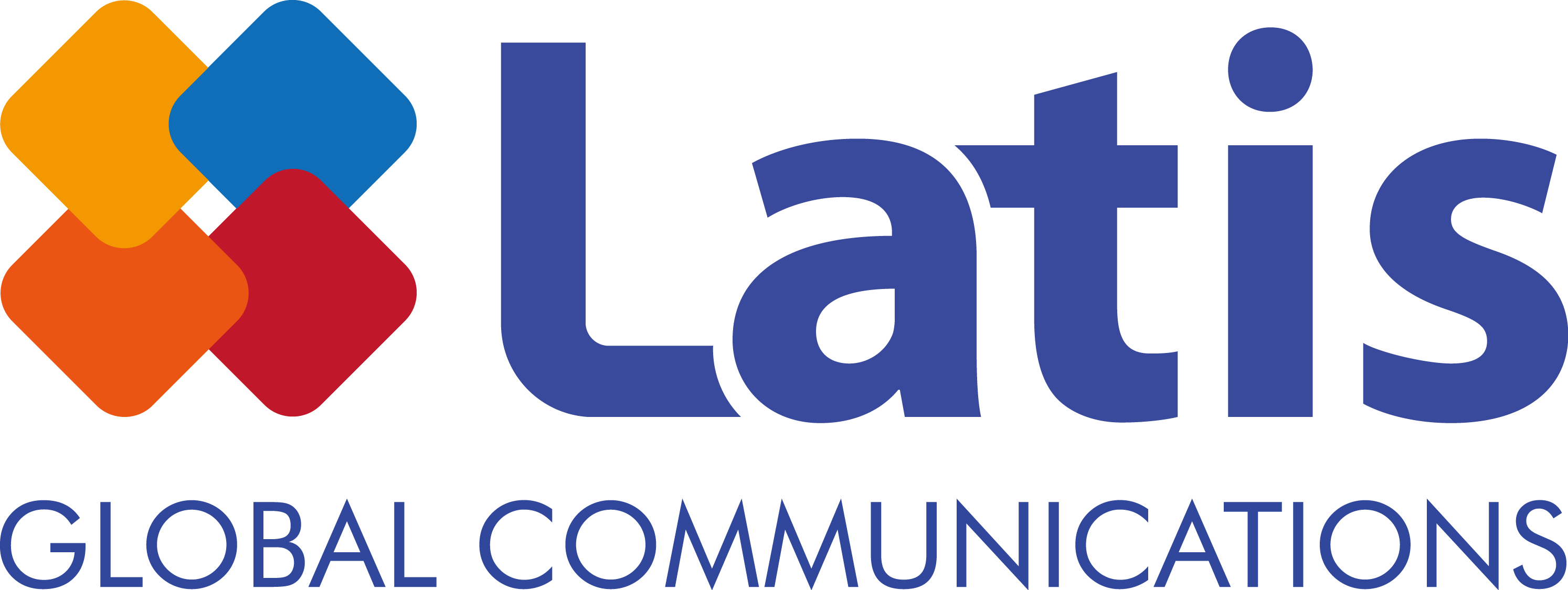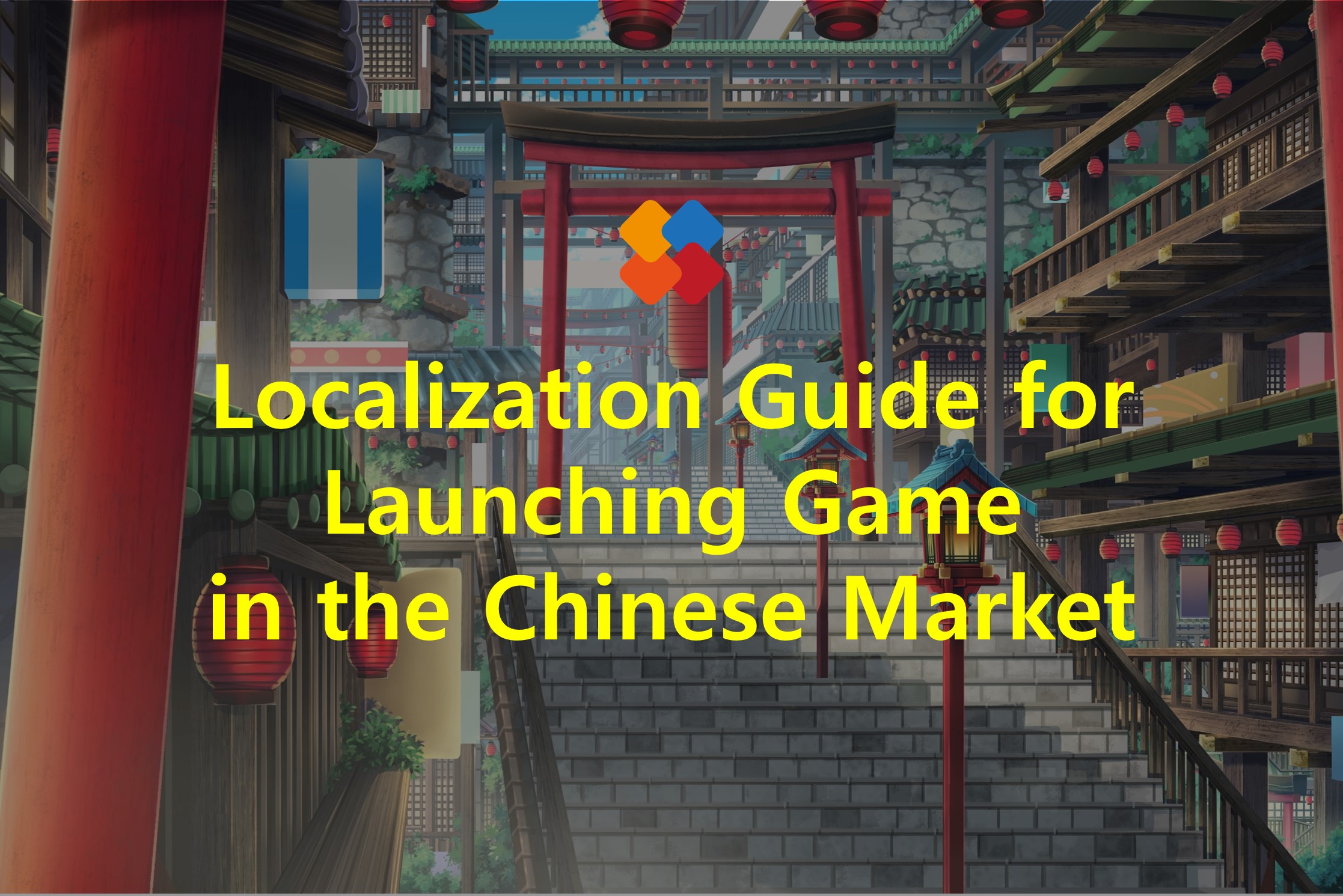
No one can deny the size of the Chinese game market. Due to the high increase in the number of its paying gamers, China has become the most targeted market wherein developers wish to launch their game to.
With 720 million gamers in China who play an average of 12.4 hours per week, according to Limelight Networks, this is higher than the global average of 8.5 hours per week despite China’s game regulation for youth. In 2020, China’s total sale reached 278.7 billion yuan.
Today, we, Latis Global, who had several experiences on localizing games to multiple countries, particularly China, will introduce some precautions when localizing your game to this country.
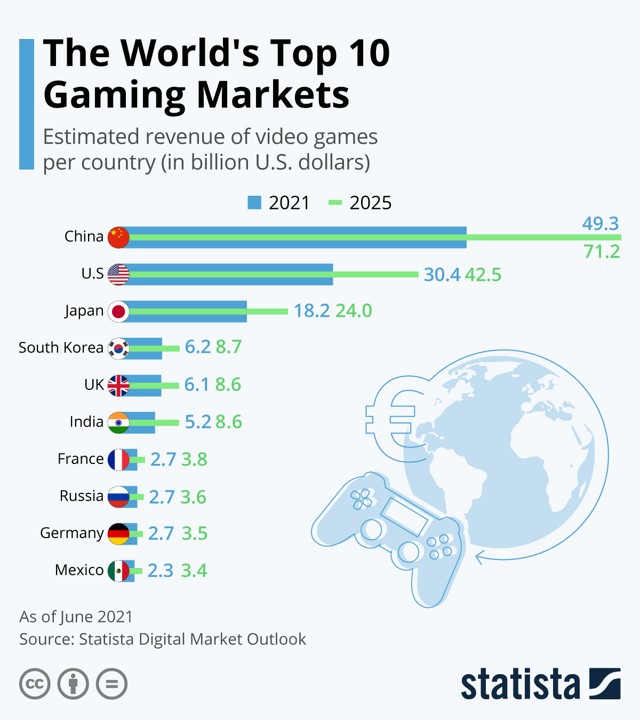
China’s mobile game industry
In China, there are over 682 million mobile gamers, making the Chinese mobile game industry the largest in the world. Mobile games in China reported sales of $29.2 billion in 2020, reaching the highest growth rate since 2017. MOBA (Multiplayer online battle arena), MMORPG, ARPG games are the most popular and only 15% of gamers mentioned that they never spent on any game. Chinese market uses a separate Android app store to download from Google Play Store and others.
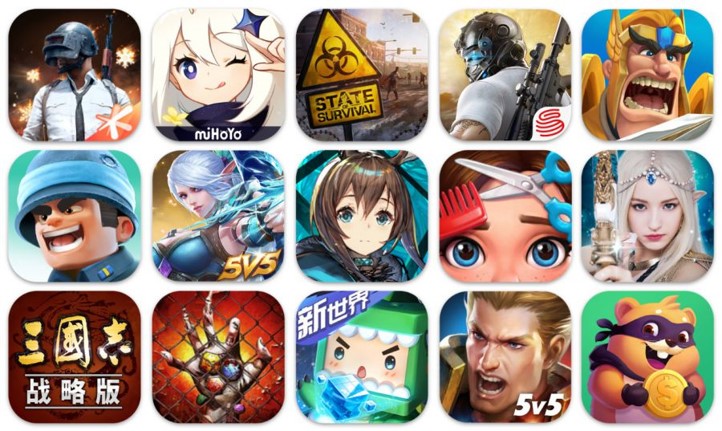
PC & console game
Piracy is decreasing day by day after Chinese gamers starts to purchase from the official platform such as Steam China. Over 40 million gamers use Steam China, and it is now one of the biggest communities.
This strong spending power of Chinese gamers has boosted the sales of games such as PUBG, Assassin’s Creed, The Witcher 3: Wild Hunt. The common thing about these high grossing games is that they have a perfect localization in China
Steam has registered over 30,000 games, and 37% of steam users select basic language as simplified Chinese. To maintain Chinese gamers, you must check that there are no bugs in UI/UX/Language error during the LQA process.
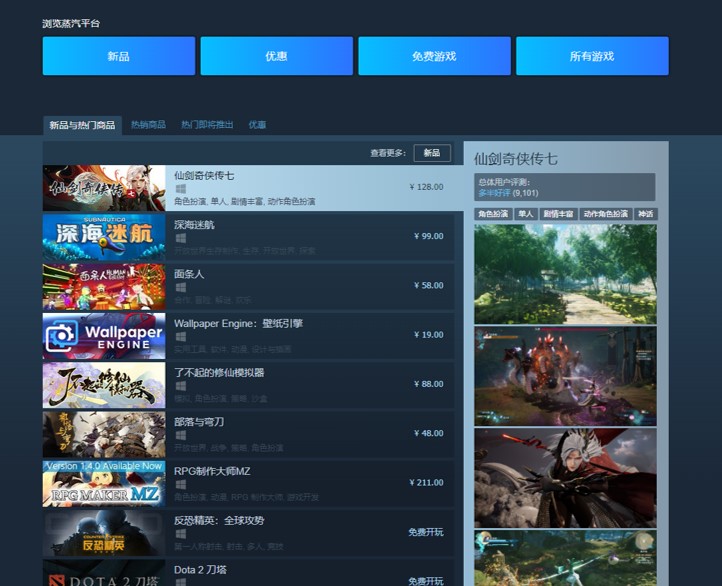
What drags Chinese gamers?
For Chinese gamers, major interest is the game’s completeness, innovation of contents, and Chinese localization. Marketing content is also important to promote the game and to attract Chinese gamers. Platform such as Game Site, Steam, Weibo, and WeChat’s review has a massive impact on the decision stage of purchasing.
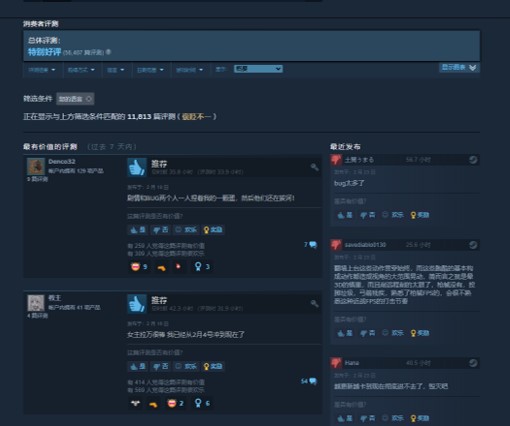
Precautions when localizing the game
1) Chinese localization is the core and the most important
Foreign developers who wish to enter the Chinese market require localization as well as translation of the game. According to SteamSpy (@Steam_Spy) well localized game has 7 times higher revenue than non-chinese games. Most of the localization is done by professional localization companies. Localization must be applied to the games without making cultural issues. It will be difficult to become successful for foreign company in China without proper localization strategy and process.
2) Language needs to be translated
One of the major problem during translation is that Chinese language has many variant dialects. Starting from Simplified Chinese, Traditional Taiwanese, Traditional Hong Kong, and preferred language to be audio dubbed are mandarin and Cantonese. But if you must choose one, Mandarin is more extensive than Cantonese.
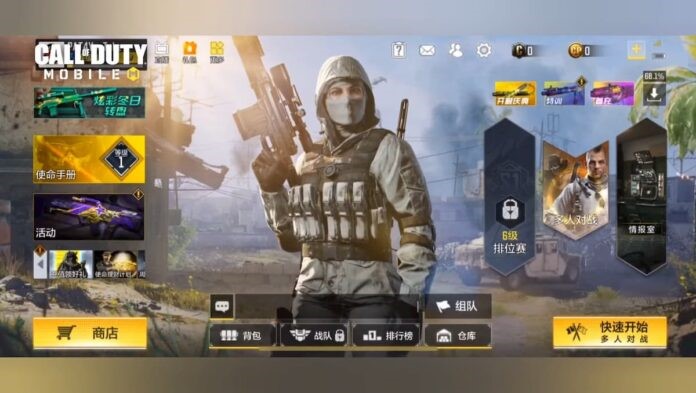
3) Complete LQA before launch
Chinese sentences are much shorter than European languages that makes game localizing UI errors due to space limit. So, it requires LQA process to test Chinese version before launching to avoid and fix any errors.
4) 정치 및 문화 문제.
China has tightened the regulation in the gaming industry. Last August, China declared that ‘game is opium for the mind’ of teenagers online that forces shut down, prohibition of monopoly and more. Also, depicting blood, war, drugs, containing sexual content, organized crime, slandering the Chinese government is forbidden.

[Chinese localization experts]
We, Latis Global, has launched several games to China in cooperation with several companies around the world. Starting with our highly experienced translators, we also have manpower that can provide translation services for languages all over Asia, Europe, as well as providing an audio recording studio, bilingual artists, engineering, and subtitle experts. Our team is also composed of professional translators, project managers and certain localization teams for translating and processing LQA and checking if it is complete.
For more information. You can check the reference below

